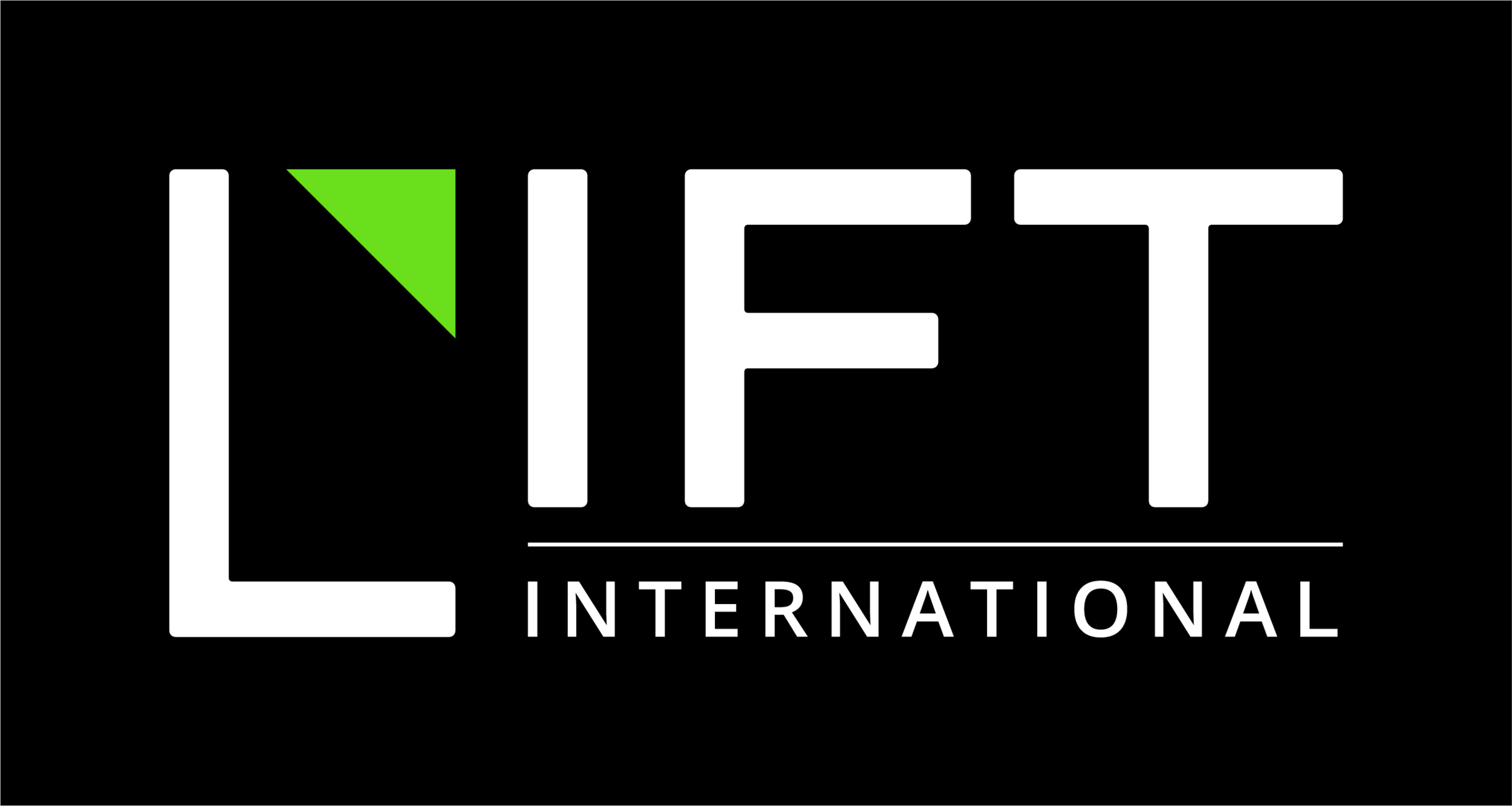The Bali Process
What is the Bali Process? And why is it important?
To actively combat trafficking today, collaboration is imperative. The Bali Process is one example of collaboration in practice.
In a nutshell, the Bali Process is an organized, international network that shares information regarding trafficking, smuggling, or other various transnational crimes. It was put together in 2002, during an orchestrated commitment to spread awareness about human trafficking. The Bali Process is an international forum that aims to discover as many ways as possible to combat trafficking together as one entity. The group works closely together sharing everything from intelligence, resources, and research in order to more effectively combat trafficking. And, so far, it’s having an impact.
Although the forum is co-chaired by only two governments, Indonesia and Australia, the group is impressive in size and coordination. There are 49 countries involved from all across East Asia, The Pacific, and even the Middle East. The forum also involves UN agencies like UNHCR, IOM, UNODC who all support the group in their own unique capacities.
Through this regional cooperation, and with its structured ability to share important information, The Bali Process makes fighting human trafficking a little easier through a mutual interest to spread awareness. There’s no denying that human trafficking is truly a daunting problem and the statistics are overwhelming. However, this doesn’t mean it’s too big to fight. It will take a range of governments and NGOs working closely together to track, monitor, and crack down on organized trafficking networks. As we at LIFT like to say, it takes a network to combat a network.

